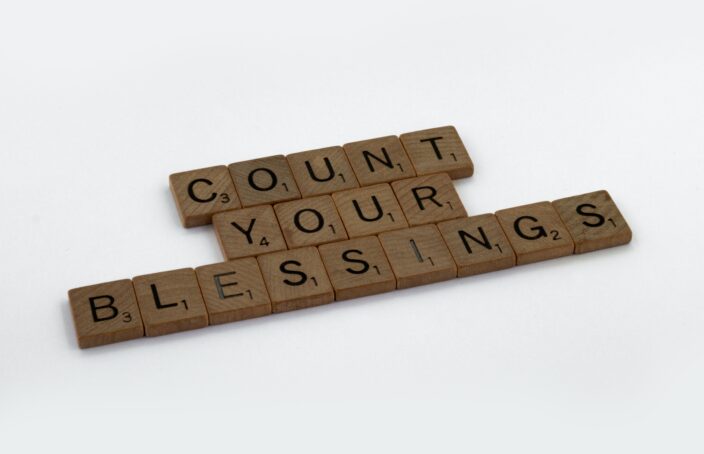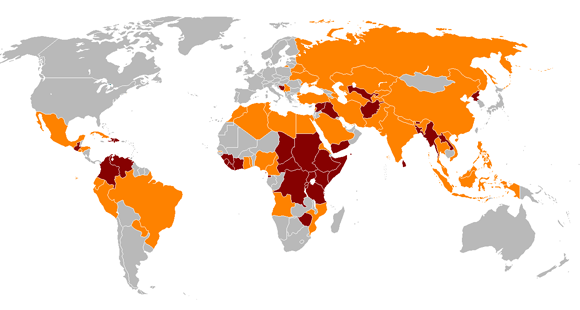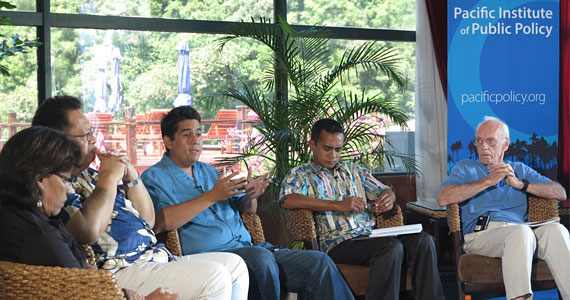What Panni Taught Me
Lots of us in this strange world of ours feel that we must have it all. We suffer from the kind of acquisitiveness that just never ends. An ordinary meal may be tasty, but there’s this elegant French place on the other side of town. My shirts might be clean and comfortable, but just look at those designer shirts with the pleated cuffs. Sure, we can live with what we already have, but our desire for better and more is boundless.
Let’s admit that we need help in putting a check on this mad chase for something a niche above what we have. When I was growing up in a Buffalo housing project, my brothers and I dreamed of having our own home on a lot of its own where we could enjoy barbeques all by ourselves. We pitied ourselves for not having a house with a real porch, not just the little stoop that served as the stairway to our apartment, a few feet away from our next-door neighbors.
Then, not long after my mother’s death, we were introduced to an older woman who was to be our housekeeper. We called her Panni. She was a DP (Displaced Person) from Ukraine, we learned, who had sought asylum in the US at the end of the war because she had no home of her own to return to. It had been destroyed during the war, while her family had been scattered.
Panni was a lesson to all of us kids. If we ever were tempted to feel sorry for ourselves, we only had to remember the fate of this lady who had lost everything. So, you think you’re bad off for not having that backyard and front porch? What about this poor woman who doesn’t even have her own bedroom!
We Americans are blessed in ways that we can’t seem to grasp. Since those early years after World War II, we have had a steady flow of Pannis—and Lucias and Franciscas and Kims and Clotildes—joining us. When we feel ourselves yielding to the kind of self-indulgence that makes us feel we ought to be enjoying more and more, we can turn to one of the new arrivals and make a few comparisons that might bring us back to reality. This can help us understand that we’re pining away for some luxury that these new arrivals could not even dream of.
It’s a gift in the form of a wake-up call. It’s an invitation to check through the list of all that we enjoy and count them as blessings—even privileges, if we judge by the standard of others who are less fortunate than ourselves. In other words, it’s an invitation to lengthen the items on that worn-out Thanksgiving list of ours. If we ever start to take our blessings for granted, having strangers around without a real home of their own is a good check on this. Perhaps our country’s forefathers anticipated this, even if they never mentioned it in their writings.
But those who suddenly turn up from some strange land beyond our border contribute in other ways as well. For decades, even centuries, they have taken the jobs that most native-born Americans don’t want to take—or, in some cases, are not trained to perform. Their contribution to the country and its productivity has been important over the years—far more so than some national commentators are willing to acknowledge.
Finally, just as the Pannis of our time make us reflect on the blessings we enjoy, they also make us reflect on the culture we take for granted. If it hadn’t been for our housekeeper, how would we boys have known that potatoes could be smothered in fruit sauce and remain tasty? Or that plums and gravy can be eaten together? How else would I have been introduced to the Eastern Orthodox Church and its strange liturgy and music?
As our list of the wonders of Ukrainian culture grew, something unexpected happened at the same time: our understanding of our own culture deepened in surprising ways. That might have surprised me back when I was a youngster, but it’s become self-evident for me during my years in Micronesia. As we are exposed to other cultures, we grow in appreciation of our own culture. And, let me add, in our understanding of its shortcomings as well.
In all, Panni provided different gifts for us, even as she did the housekeeping work that we so badly needed at that time. She helped us check our natural impulse to simply take for granted our blessings and our very culture. Keep the Pannis coming. We need them if we are not to become utterly self-absorbed.






